Chicken Lifespan: How Long Do Chickens Really Live?
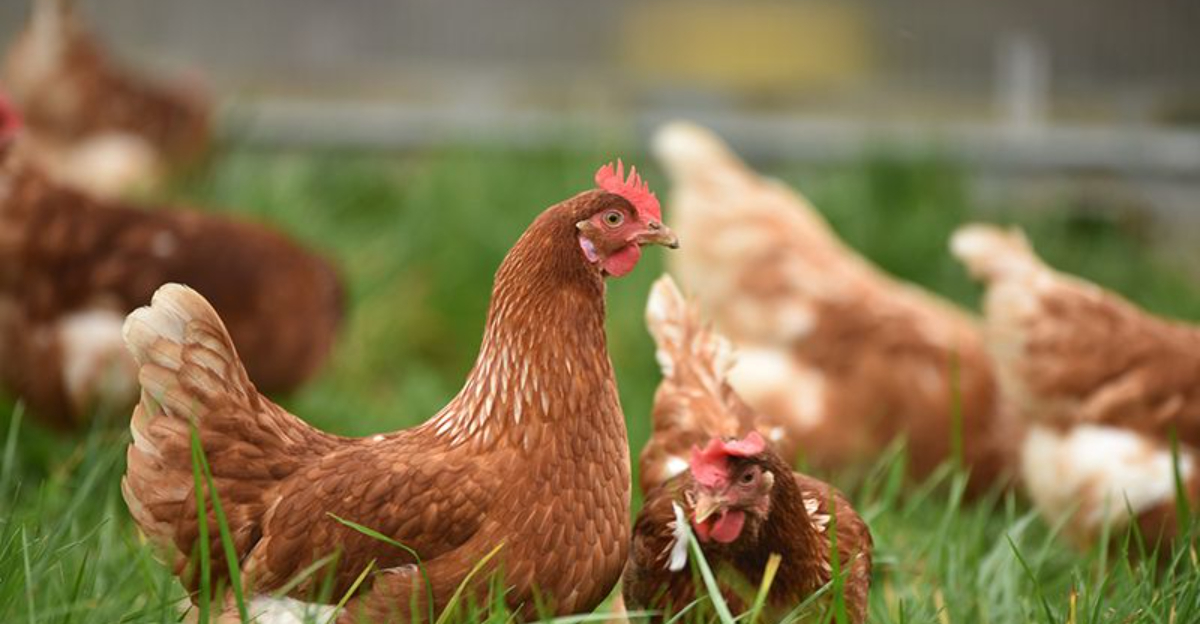
Ever wondered how long your feathered friends might stick around? Chickens have surprisingly varied lifespans depending on numerous factors like breed, environment, and care.
Whether you’re a backyard chicken enthusiast or simply curious about these clucking companions, understanding their natural lifespan can help you provide better care and set realistic expectations.
1. Average Lifespan Of A Chicken
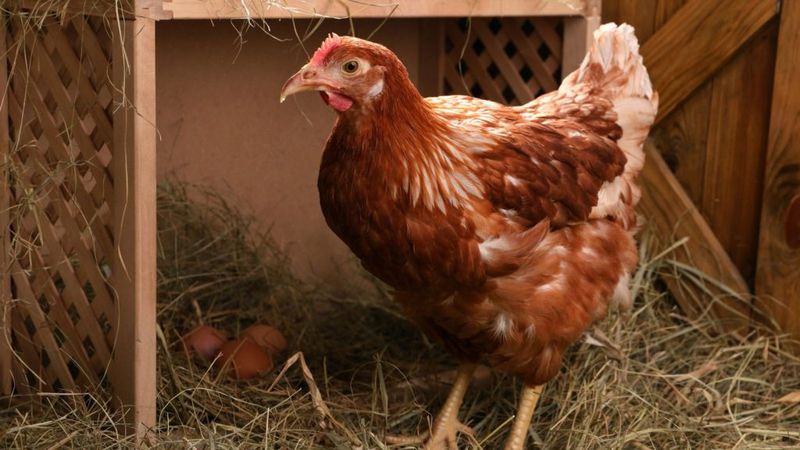
Most chickens live between 5-10 years in proper conditions. Heritage breeds often outlast commercial varieties, sometimes reaching 12 years or more!
Backyard chickens typically enjoy longer lives than their farm counterparts since they receive personalized care and attention. Your chicken’s genetic makeup plays a crucial role in determining its potential longevity.
2. Lifespan Of Backyard Chickens Vs. Commercial Hens
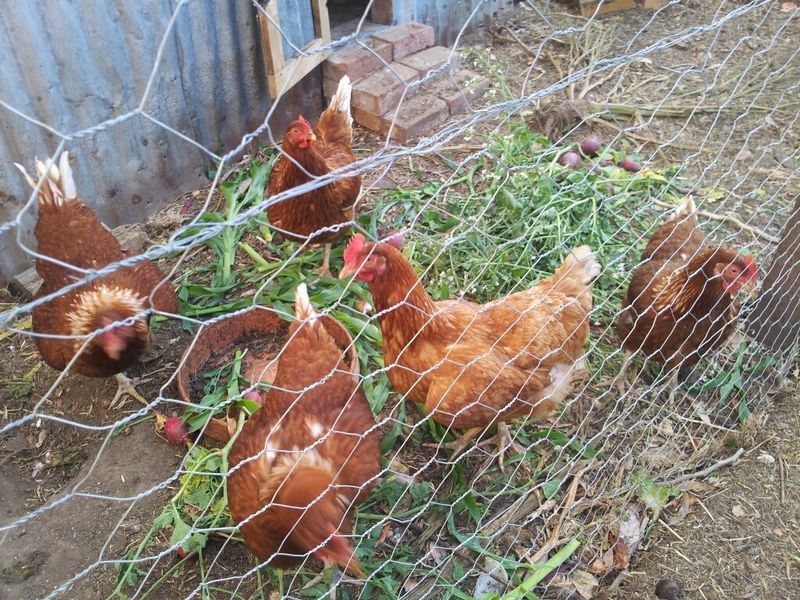
Backyard chickens often live 8-10 years when well cared for, while commercial laying hens typically survive only 1-2 years before productivity declines. The stark difference stems from purpose and living conditions.
Commercial operations prioritize egg production over longevity, pushing hens to lay at maximum capacity. Meanwhile, backyard chickens enjoy more natural rhythms, better nutrition, and less stress.
3. Factors Affecting A Chicken’s Lifespan
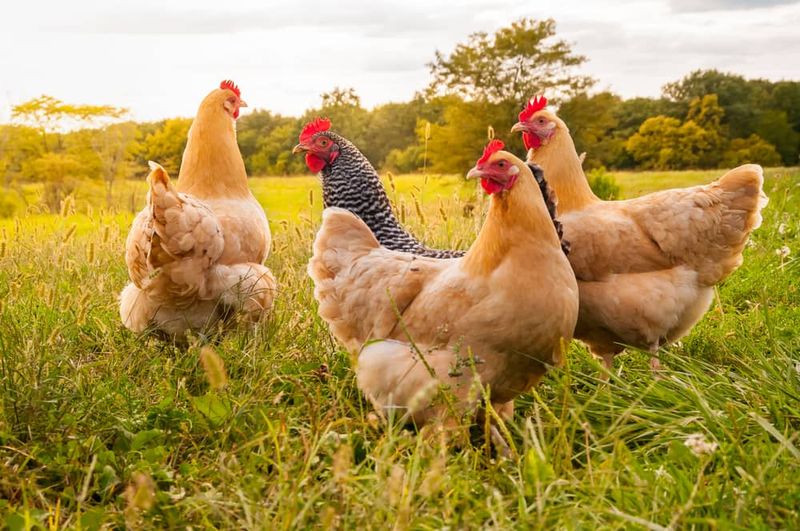
Genetics form the foundation of a chicken’s potential years. Some breeds naturally live longer than others, regardless of environment. Quality nutrition significantly impacts longevity—chickens need proper protein, vitamins, and minerals to thrive.
Adequate protection from predators, extreme weather, and disease prevents premature death, while regular veterinary care catches health issues before they become life-threatening.
4. How Long Do Different Chicken Breeds Live?
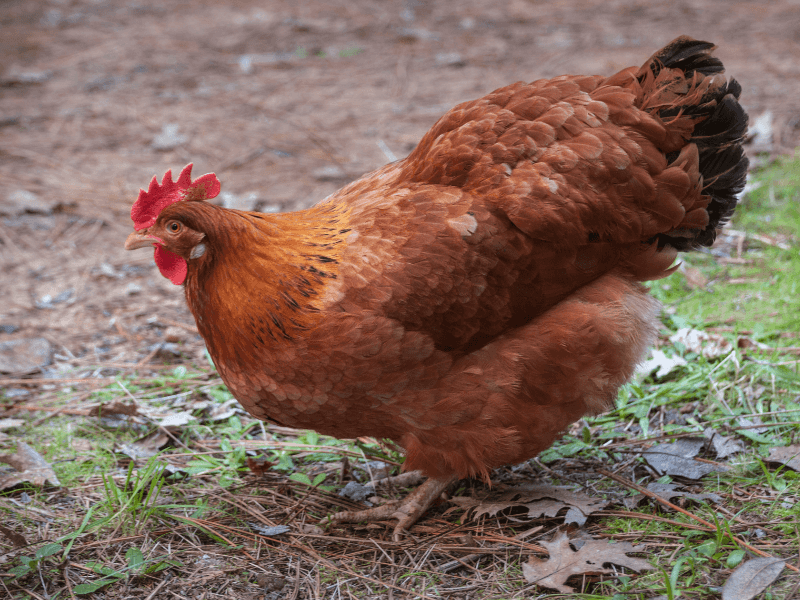
Rhode Island Reds and Plymouth Rocks frequently reach 8 years or more, making them long-lived production breeds. Heritage varieties like Orpingtons and Wyandottes can thrive for 10-12 years under ideal conditions.
Bantam breeds often outlive standard-sized chickens, sometimes reaching 15 years! Modern hybrid layers bred for egg production typically have shorter lifespans of 3-5 years due to reproductive strain.
5. Signs Of Aging In Chickens
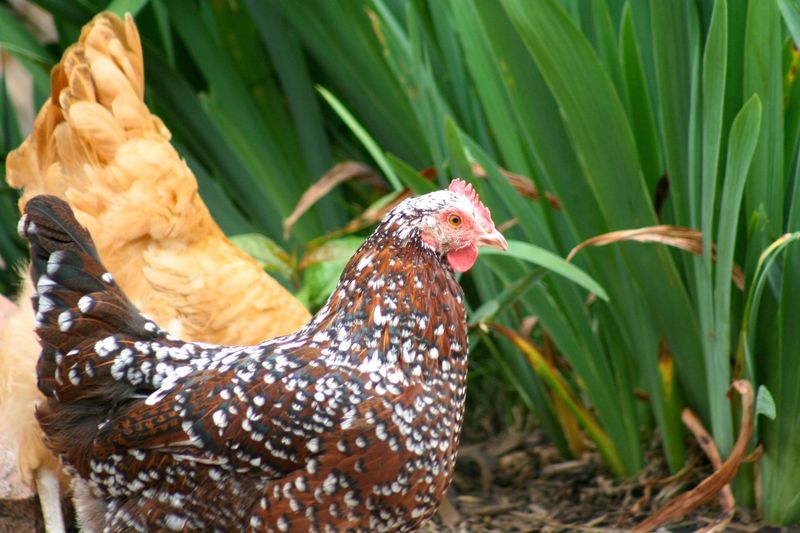
Aging chickens develop sparser, duller feathering that doesn’t regrow fully after molting. Their combs and wattles become paler and less vibrant as circulation decreases. Senior hens lay fewer eggs with thinner shells and may stop altogether.
Movement slows noticeably—older birds take longer to rise in the morning and roost earlier. Their legs appear more scaly and rough, while their eyes may develop a cloudy appearance.
6. How Proper Care Can Extend A Chicken’s Lifespan
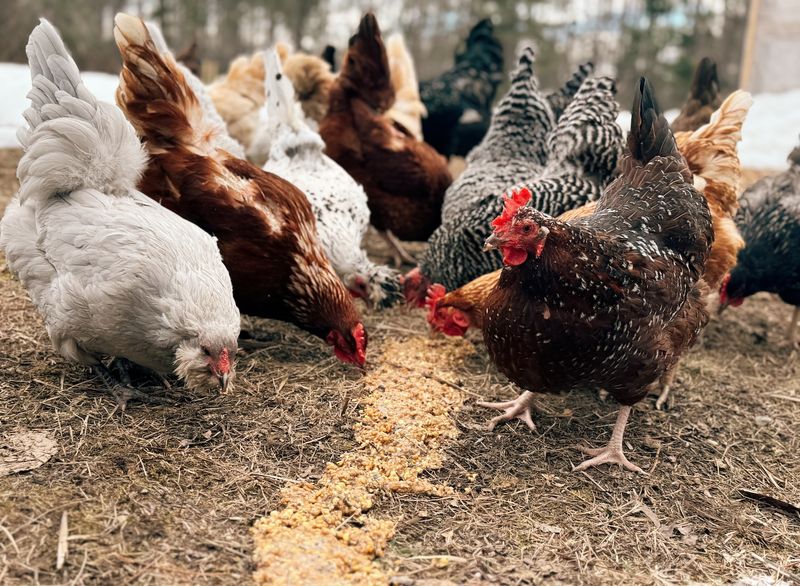
Feeding a balanced diet with appropriate protein levels (16-18% for layers) provides essential nutrients without taxing their systems. Regular coop cleaning prevents disease spread and respiratory issues that can shorten lives.
Creating predator-proof housing eliminates a major cause of premature death. Providing adequate space (4 square feet per bird minimum) reduces stress and fighting. Annual health checks catch problems early when they’re more treatable.
7. The Impact Of Free-Range Vs. Caged Living On Lifespan
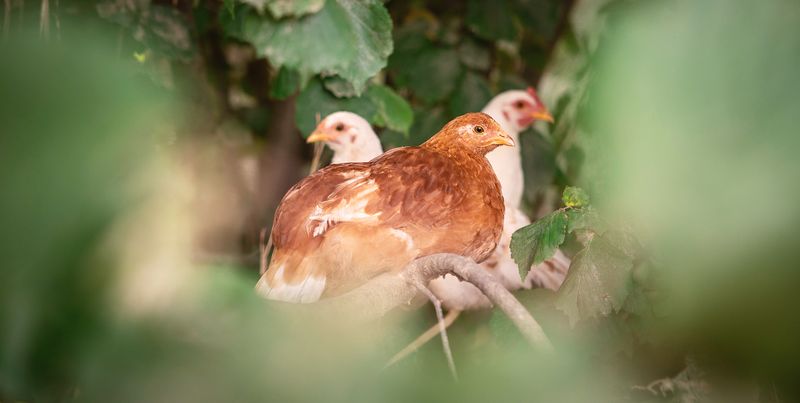
Free-range chickens benefit from exercise that maintains muscle tone and cardiovascular health. Natural foraging behavior satisfies their instincts and provides nutritional variety through bugs, plants, and seeds. Sunshine exposure helps vitamin D production, strengthening bones and immune function.
However, predator exposure presents risks absent in confined settings. Balanced free-range systems with secure night housing often produce the healthiest, longest-lived birds.
8. Common Health Issues That Shorten A Chicken’s Life
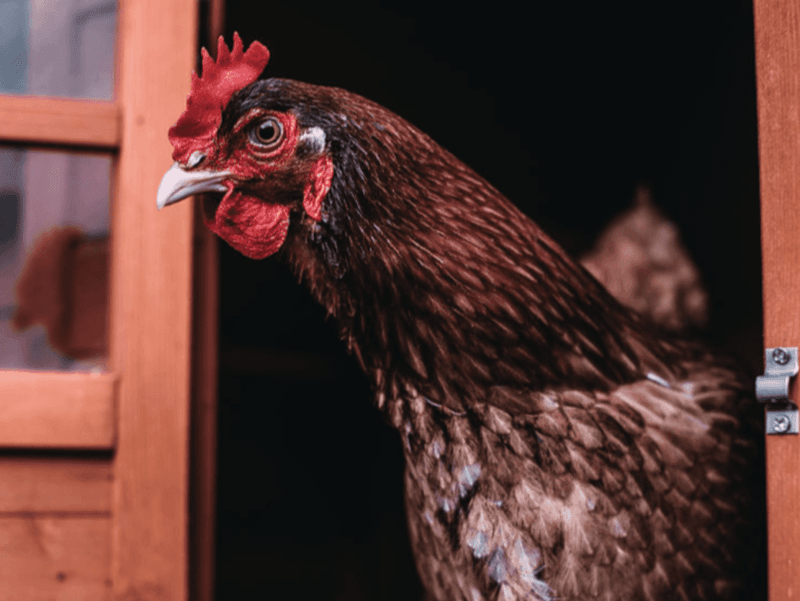
Respiratory infections like Mycoplasma gallisepticum spread rapidly through flocks, causing chronic breathing problems. Left untreated, these conditions progressively damage lung tissue. Egg binding occurs when hens can’t pass eggs properly, becoming life-threatening within hours.
Parasites—both external (mites, lice) and internal (worms)—gradually weaken birds by stealing nutrients and causing anemia. Prompt identification and treatment of these conditions significantly extends chicken longevity.
9. How Long Do Egg-Laying Hens Live?
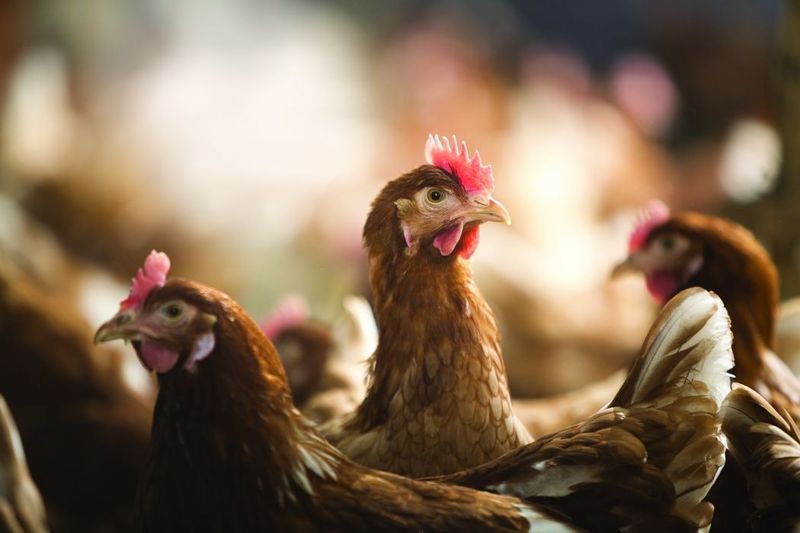
Production breeds like Leghorns typically live 4-6 years, with peak laying occurring in their first two years. Each hen hatches with approximately 2,000 egg follicles—her lifetime supply.
Hens that lay prolifically (300+ eggs annually) often have shorter lives due to reproductive strain. Calcium depletion from eggshell production can lead to osteoporosis and fractures in older layers. Reducing artificial lighting during winter allows hens’ bodies necessary recovery time.
10. Do Roosters Live Longer Than Hens?
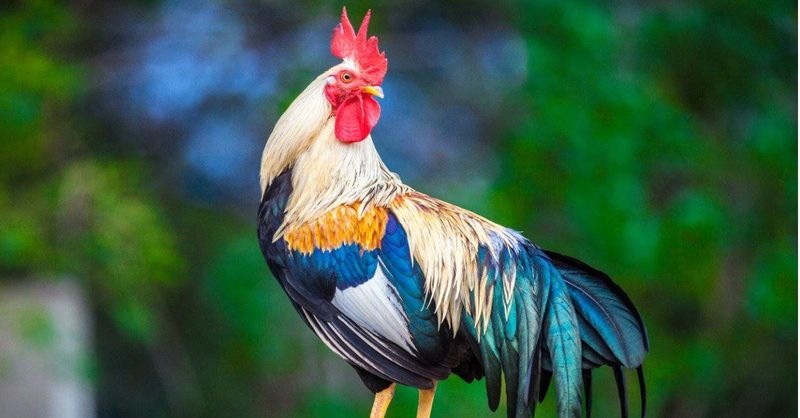
Roosters typically live 5-8 years compared to hens’ 8-10 years in backyard settings. Their shorter lifespan stems partly from aggressive behaviors—fighting for dominance often results in injuries.
Constant vigilance against predators takes a physical toll as roosters stand guard while hens feed safely. Testosterone-driven behaviors like frequent crowing and mating create additional stress. However, well-managed solo roosters with adequate space can match hen longevity.
11. The Effect Of Predators On Chicken Lifespan
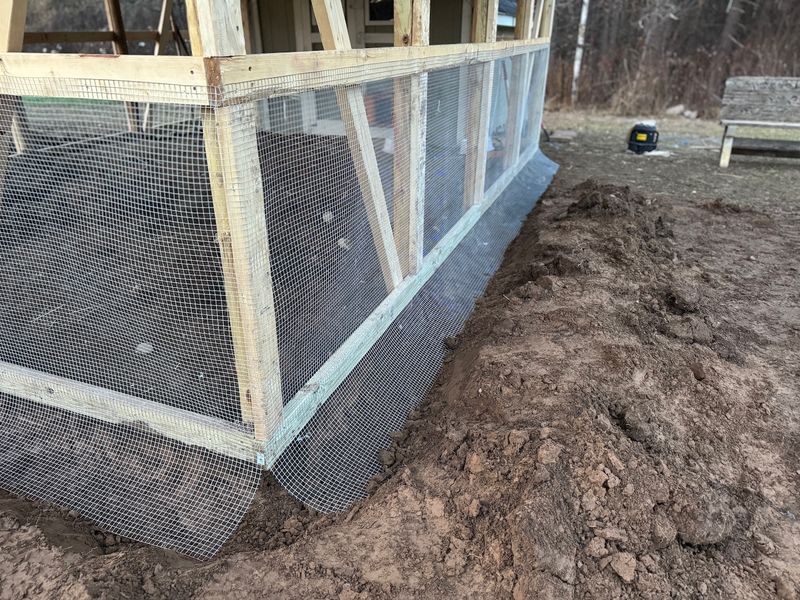
Predation accounts for nearly 30% of backyard chicken deaths annually. Hawks and owls strike from above while foxes, raccoons, and weasels attack from ground level or dig under enclosures. Even non-fatal predator encounters cause stress-related health issues through cortisol elevation.
Secure housing with buried wire aprons prevents digging predators. Overhead netting or covered runs protect against aerial threats, while motion-activated lights deter nocturnal hunters.
12. How Stress Affects A Chicken’s Lifespan
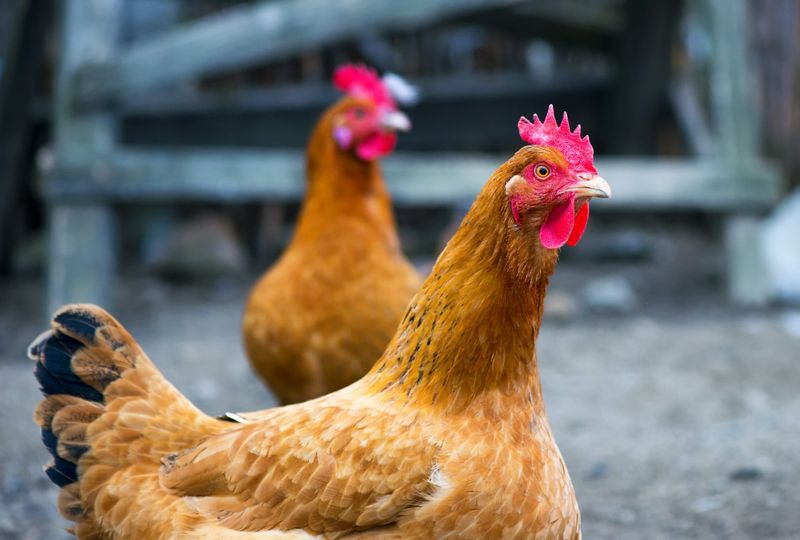
Chronic stress suppresses chickens’ immune systems, making them vulnerable to diseases they might otherwise resist. Overcrowding triggers pecking order disputes that can escalate to injurious feather picking and cannibalism.
Temperature extremes force birds to expend energy on thermoregulation rather than health maintenance. Frequent handling by strangers or exposure to loud noises raises cortisol levels.
Providing hiding spots, consistent routines, and adequate space significantly reduces stress-related mortality.
13. How Long Can Chickens Live After Their Egg-Laying Years?
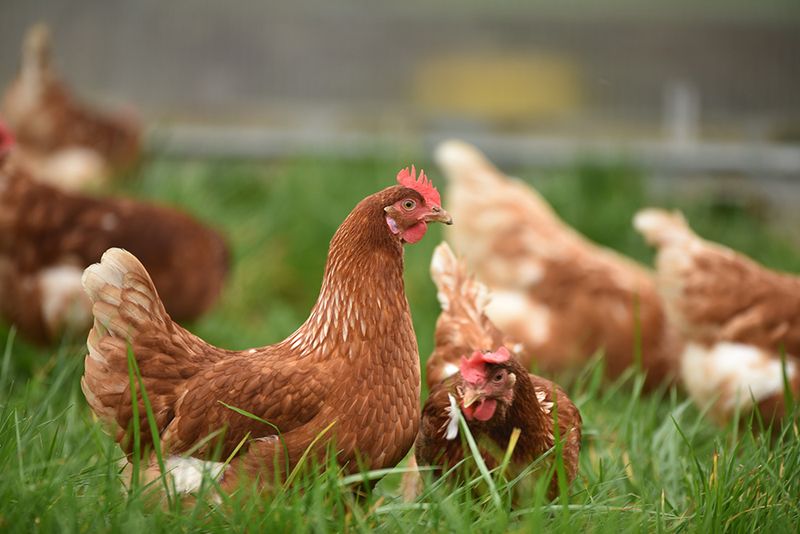
Many hens live 3-5 years after egg production slows or stops completely. Without the calcium drain of egg-laying, their bodies can focus on maintenance and repair. “Retired” hens continue providing value through pest control and companionship.
They maintain their personalities and flock relationships, often becoming more docile and amenable to handling. With proper geriatric care addressing arthritis and other age-related issues, post-productive chickens can enjoy comfortable golden years.





